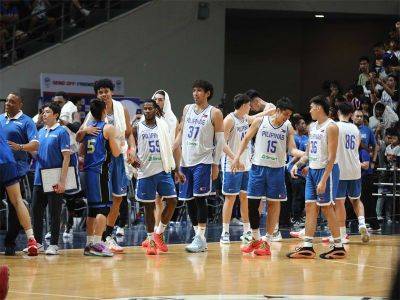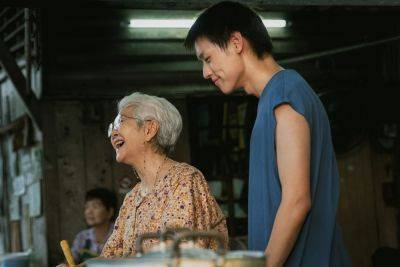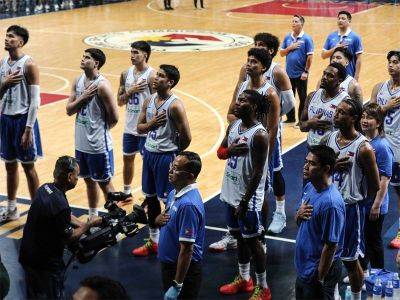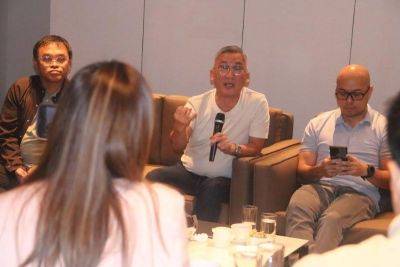NTU professor explores complexity of emotions in learning and research
MANILA, Philippines — Picture this: a classroom where failure isn’t feared but embraced, where discomfort and negative emotions are acknowledged as integral parts of the learning process.
As an education researcher, Dr. Tanmay Sinha, an assistant professor at the National Institute of Education, Nanyang Technological University, Singapore (NIE NTU, Singapore), often hypothesizes about unobservable and tacit learning phenomena within the complexity of classrooms.
“While conducting empirical studies to support a hypothesis can be immensely satisfying for young researchers, the true excitement often lies in encountering results that don’t align with our expectations, such as null or unexpected findings,” says Sinha with a laugh. “And this is what makes research challenging yet thrilling. It enhances and strengthens the foundation of our explanations.”
Reflecting on how his empirical results showed, ironically, that negative emotions are not monotonically bad for learning, and, surprisingly, being happy and positive is not monotonically good for learning, Sinha shares that as a researcher, this strand of work makes him want to dive deeper into the light and dark side of emotions during failure-driven problem-solving.
“It creates an exciting space of how to scaffold students’ usage of emotions as tools for optimizing their learning,” explains Sinha.
When asked what made him pursue a life of research, Sinha, who obtained his Doctor of Science from ETH Zurich, Switzerland, reveals that it was his interest in how to design for learning in ways that can help students navigate challenges, failure, discomfort and negative emotions that started him on an academic journey. He often wonders how can sense making-focused pedagogies that encourage students to be active participants in their knowledge construction enhance students’ preparation for future learning.
How do these pedagogies work?
How can we scaffold students’ learning process while engaging them in challenging learning experiences?
How do we improve students’ appreciation for engaging in failed learning pursuits?
How do we help them see the usefulness of emotions during learning?
Sinha says, as he recalls







